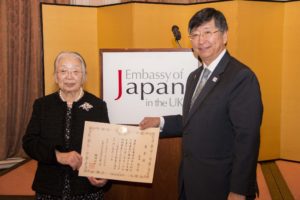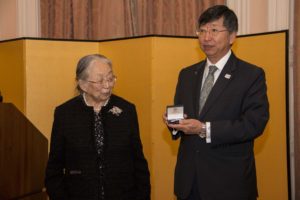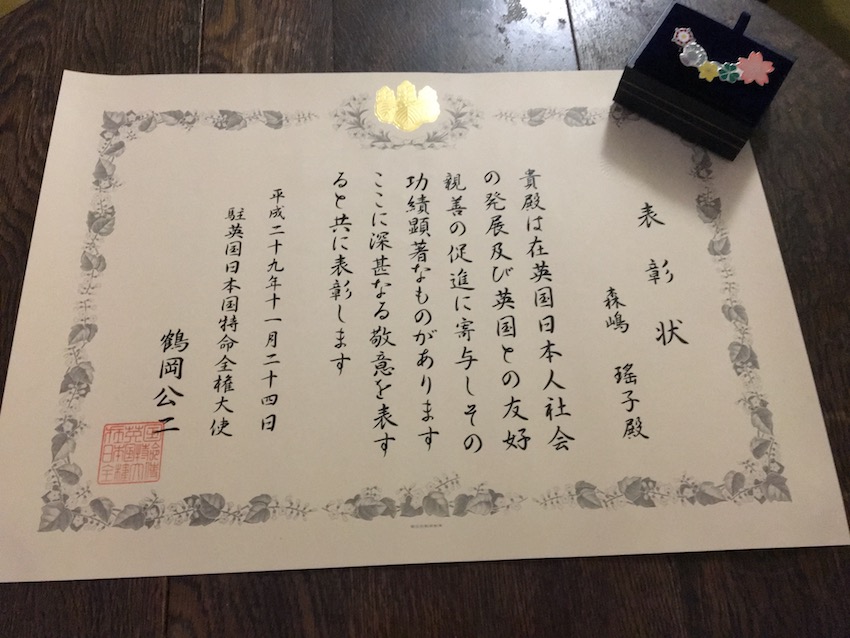IC Bunko UK New Year Message 2023 2/1/2023
The period from birth to eight years old is one of remarkable brain development for children and represents a crucial window of opportunity for education. UNESCO World Conference Early Childhood Care and Education Tashkent November 2022
Happy New Year to you all!
As 2022 draws to a close, parents discuss the problems left by Covid Lockdown for them and wonder how the insecurity of changes in routine and environment affected their young child’s Mental Health (well -being). Little is written about Double (Bilingual) Children growing-up during that period and how they coped within their two different cultural communities.
Each Double Child is unique with their own reactions and stresses. Their brains are social, and to grow-up as a Whole Child, they need to socialise with other Japanese children and adults. Unlike Japanese School, where rules are set and learning is mostly through teacher instruction, Bunko Meetings offer each young child opportunities to socialise within the community as they take part in activities, which adults have prepared for them. It is through these enabling activities that young children find out how to relate to other children and adults and develop their personality; it is through these activities that adults can start off (serve) back and forth conversations that build in (scaffold) new language and intellectual content. Young children absorb and learn from these focused exchanges led by an older Japanese speaker.
There is no right or wrong in a Bunko community, but warm encouragement through which young children discover how to ‘fit in’ and develop their own face-to-face conversations with other Japanese mothers and children. Young children learn from copying role models.
Although the Bunko Meeting experience is short, learning can be extended by pre-preparation at home and consolidation afterwards by a shared-review of what took place.
Borrowing Bunko Picture Books allows children to take something of their Bunko experience home. Shared-reading books at home can lead to independent ‘reading’ – text or only pictures- at their own pace.
Mothers are not instructors, but enablers, who help young children use their self-learning skills to discover and learn more deeply as they repeat a known activity. Creating a safe, caring Bunko community experience is up to parents. We cannot judge children’s Whole Child Development by a formal test, but more by how confidently the child socialises and discusses with others – talk is said to be spoken thought.
How adults talk to a young child in Bunko develops their positive well-being, basic for any learning. Bunko offers a unique, special and important ‘feel-safe, feel-good’ experience for a young child. Bunko Graduates studying at University in Japan told me Bunko in London was their happiest experience.
Opal Dunn
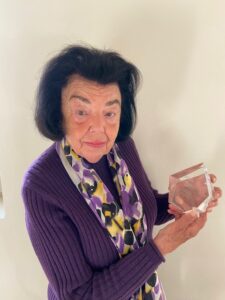
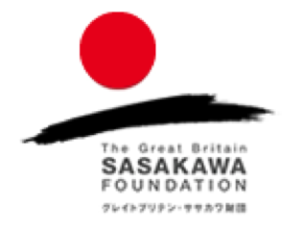 Bunko Visit Project Phase 1 started in June 2018 finished on 20 March 2020. We visited 10 Buno – Kurukuru Bunko (Derby), Wight Bunko (Isle of Wight), Kabutomushi Bunko (Liverpool), Aiuen Bunko (Chester), Akebono Bunko (Eastleigh), Zousan Bunko (Essex), Higashinomori Bunko (Chingford), Hifumiyo Bunko (Nottingham/Derby), N8 Bunko (North London) and Kasasagi Bunko (Newcastle).
Bunko Visit Project Phase 1 started in June 2018 finished on 20 March 2020. We visited 10 Buno – Kurukuru Bunko (Derby), Wight Bunko (Isle of Wight), Kabutomushi Bunko (Liverpool), Aiuen Bunko (Chester), Akebono Bunko (Eastleigh), Zousan Bunko (Essex), Higashinomori Bunko (Chingford), Hifumiyo Bunko (Nottingham/Derby), N8 Bunko (North London) and Kasasagi Bunko (Newcastle).